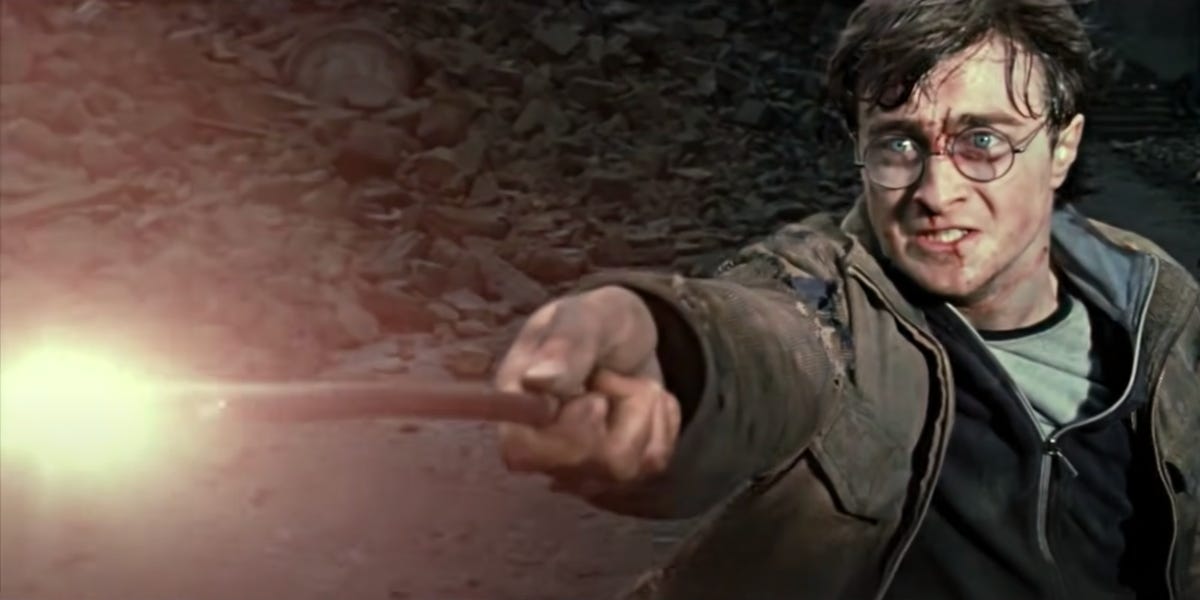OpenAI now tries to hide that ChatGPT was trained on copyrighted books, including J.K. Rowling’s Harry Potter series::A new research paper laid out ways in which AI developers should try and avoid showing LLMs have been trained on copyrighted material.



I suppose you could say I’m making a good-faith assumption. It’s possible that he is.
my point is still valid.
His point is equally valid. Can an artist be compelled to show the methods of their art? Is it as right to force an artist to give up methods if another artist thinks they are using AI to derive copyrighted work? Haven’t we already seen that LLMs are really poor at evaluating whether or not something was created by an LLM? Wouldn’t making strong laws on such an already opaque and difficult-to-prove issue be more of a burden on smaller artists vs. large studios with lawyers-in-tow.
but it’s irrelevant.
none of this is relevant in copyright law. the only thing that matters is who published it first and who is then using that copyrighted work for profit without first having gotten permission of the owner.
also irrelevant
laws are not written with the idea of whether on they’re hard or easy to prove as a consideration. also, your claims of such things being easy/hard to prove is a matter of opinion, and I don’t agree with you chain of deduction here. OpenAI admitted that Rowlong’s works (among many others) were used for training chatGPT.
also irrelevant, unless you’re arguing that, because it’s too difficult for small artists to defend their copyrighted work, they should just shut up and deal with it. currently, there is no legal precedent as to whether this is or is not copyright infringement, which is what a lawsuit like this is intended to set. For most, I would say, it Eem that it clearly is, for others, it’s not so clear.
Irrelevant. You will be assimilated. Resistance is futile.